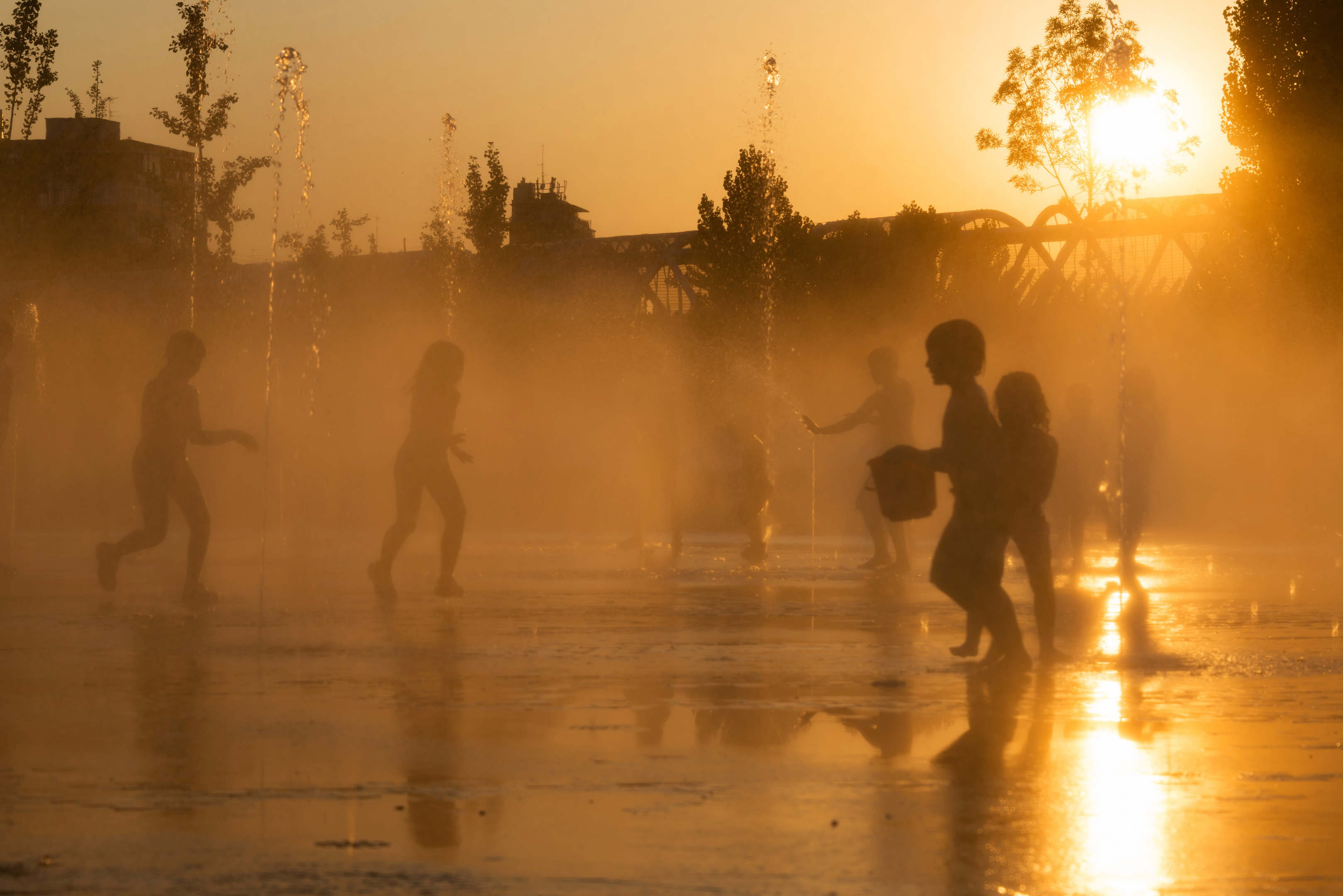
MUCH of the planet is currently experiencing some sort of heatwave.
From Scotland experiencing her hottest day of all time this year, to wildfires tearing through Greece and Sweden, to 41.1C recorded in Japan where a current death toll of 65 lives has led the country to declaring the heatwave a natural disaster.
Even the coldest parts of earth have not been able to escape the sweaty reach of the heatwave, with parts of the arctic circle reaching up to 30C.
Scientists have been warning for some time that heatwaves could become much more frequent if we continue pumping warming greenhouse gases into our atmosphere.
Messages have been emanating from scientists, claiming that these heatwaves could be the “new normal,” and from now on we can only expect more intense summers and more freak weather in general.
Grahame Madge, spokesman on climate for the Met Office said: “We know that the UK is warming. Where climate change is most dangerous however, is when we experience a lot of extremes, and as alterations to world temperatures continue, we’re likely to experience a lot more extremes of heat.”
The US National Oceanic and Atmospheric Administration shows that all 18 years of the 21st century are among the 19 warmest on record; and 2016 was the warmest year ever recorded.
It’s therefore no surprise that weather records are being smashed across the planet, and we’re experiencing a severe lack of the rainy, lukewarm summers we’re used to.
So what does this mean for Scotland and the UK moving forward?
We will need to adapt.
The very fabric of the UK experience is expected to change. It’s predicted that in the future, we will regularly live in Mediterranean-type conditions, similar to those we have been experiencing this summer.
Currently all of our focus is put on energy and heat conservation to keep us warm. The roofs on our houses are slanted so the rain can roll off. Our homes are built with thick brick and you’d be hard pushed to find a house with air-con north of the English channel.
Significant change would need to be made to building designs – smaller windows and coated with smart materials that will reflect heat. Our agriculture may change, meaning price hikes on staples. As well as this, scientists have also warned increased incidence of asthma and allergies, and more flooding, as it’s also predicted many of our summers will become enormously wet.
Madge said: “With increase in temperature, comes increases in moisture in the air.
“From what we can currently predict, it’s estimated that we will have extreme rainfall records every 3 years in the UK, interspersed with extreme heatwaves.”
Unfortunately, climate change doesn’t seem to be currently at the forefront of the political agenda. When you look at it with a succinct level of perspective, climate change poses a larger threat to us all than war, invasion or terrorism. In 2007 and 2008 food protests erupted across three continents, in part because of the switch of some land from food to biofuel production. In the same period, about 1% of humanity had their homes damaged or destroyed by extreme weather events. Yet, the scope of political discussion seems to revolve around Trump’s antics, defence and Brexit.
The future will not be the same as the past. Scotland and the UK’s way of life will eventually change – our agriculture, landscapes and food production, as well as our weather – the evidence is slapping at us with her hot, clammy hands.

Enjoy the convenience of having The Sunday Post delivered as a digital ePaper straight to your smartphone, tablet or computer.
Subscribe for only £5.49 a month and enjoy all the benefits of the printed paper as a digital replica.
Subscribe